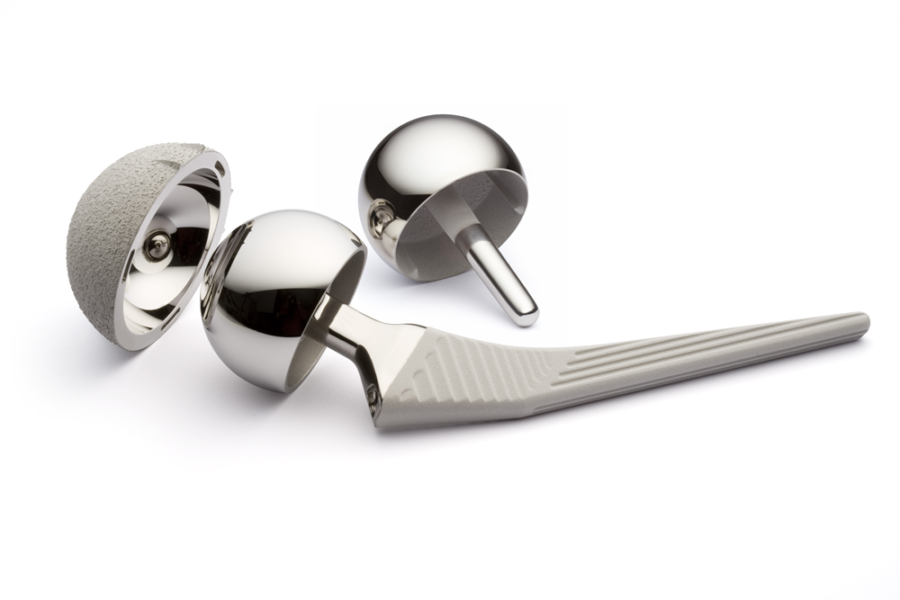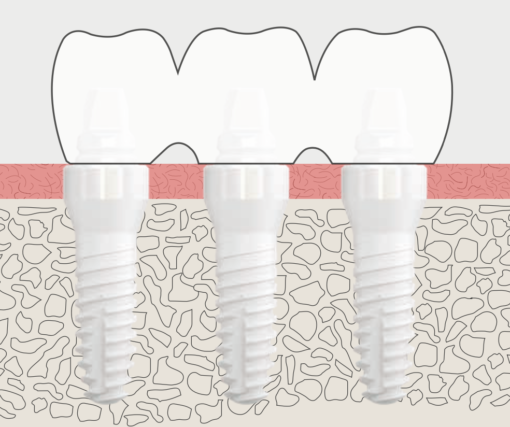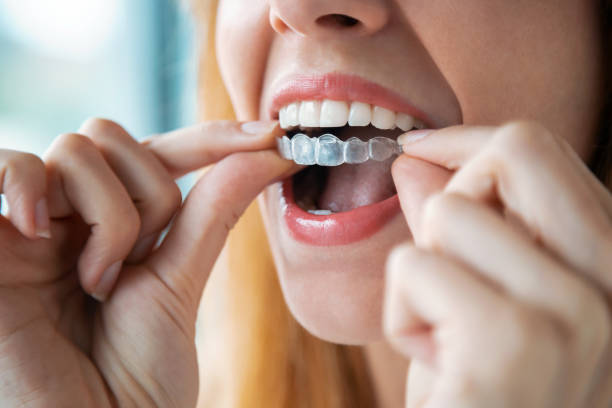Dental implants are a great option for people who are looking for a long-term solution to replace one or more missing teeth. These artificial roots can be placed directly into the jaw and will last a lifetime, as long as they’re taken care of properly. However, not everyone is able to undergo surgery with dental implants, due to various factors. If you have any metal sensitivity, you should know that some metals are used in making implants. If you have an allergic reaction to these metals, it might not be possible for you to get a dental implant right now, but there are still other material options available. In this blog post, we’ll go over everything you need to know about the mental allergy and what it means!
What is a metal allergy?
Metal allergy is a specific allergy that causes an immune response in the body that is triggered by contact with certain types of metals. Metal allergies can range from mild to severe and may be short-term or long-term. A metal allergy can occur from wearing jewellery that contains the metal you’re allergic to, or from coming into direct contact with it by touching it or being in a room where the metal is present. A diagnosis of metal allergy is made by getting tested for it. This involves the doctor applying a small amount of the metal to your skin and seeing if there is any reaction.

How do you know if you’re allergic to metals?
First, let’s talk briefly about what metals are and which ones are used in dentistry. Metals are chemical elements that are usually found in nature. These include silver, copper, gold, tin, and steel. In dentistry, there are two types of metals that are used to make implants – non-precious and precious metals.
Non-precious metals are used in a majority of dental implants and in other materials, while precious metals are used in a small handful of cases. Precious metals include gold, nickel-chrome, and stainless steel. Non-precious metals include cobalt-chrome, titanium, and titanium-aluminium. As you can see, most of the metals used in dental implants are non-precious. Precious metals are more often used for dental crowns, crowns, and bridges.
Dental Implants Made with Non-Precious Metals
It is made with non-precious metals are the most common and can be used in people who are allergic to most types of metals. The only exception is those who are allergic to chromium and nickel, which are found in stainless-steel implants. Stainless-steel dental implants are a great option for people who have a sensitivity to other types of metals.
They’re made of a mix of chromium, nickel, and molybdenum. If you have a nickel allergy, it’s important to note that this metal is a major component of stainless steel and you should avoid having it in your mouth. Dental implants made of titanium are another good option for people who have metal allergies. Titanium implants tend to be slightly more expensive, but they’re worth it for people whose bodies would reject other types of implants.
Dental Implants made with Precious Metals
Precious metals are used in a very small number of cases. Usually when the patient has had a previous allergy to all other types of metals. Precious metals like gold are used in dental crowns and bridges, but they’re even more expensive than titanium implants. Precious metals are significantly more expensive than non-precious metals, making them a bad option for most people with metal allergies.
Precious metal dental implants are only used for those who have already had metal dental implants and had an allergic reaction to them. That said, some people have metal allergies that are so severe that they can’t have any metal in their mouths at all, making even precious metal dental implants a viable option
Other Options for People with Metal Allergies
Don’t despair if you have an extreme metal allergy and can’t get any implant, don’t despair. You still have plenty of options when it comes to replacing missing teeth or fixing broken ones. If you still have all of your teeth but they’re loose, you can get dental crowns that are made from plastic or ceramic. If you have loose teeth, you’ll want to get them fixed with dental crowns or implants.
If you get dental crowns, make sure that they’re made from plastic or ceramic. If you’re missing teeth, you can get dental bridges that are made from ceramics or plastics. Dental bridges are attached to the teeth on either side of the gap and are held in place by the other teeth.
What is a zirconia dental implant?
Zirconia dental implants are an excellent substitute for your natural tooth roots. These implants are made from zirconium oxide, a type of ceramic that is strong and biocompatible. Since zirconia dental implants are made from ceramic, they are suitable for patients with gum diseases.

Zirconia dental implants are also less likely to cause reactions than other types of implants. Unlike other types of dental implants, zirconia dental implants don’t contain nickel. Since they don’t contain nickel, they are suitable for patients who are sensitive to metal. Zirconia dental implants are also less likely to cause allergies than other types of implants.
Conclusion
Dental implants are a great option for replacing missing teeth, but not everyone is able to get them. If you have an extreme metal allergy. You may need to find other options that don’t contain any metal at all. There are many types of metals used in dentistry, including stainless steel, gold, and titanium. Depending on which type of metal you’re allergic to, you may be able to get a dental implant. If you’re allergic to most types of metals, you may want to consider getting dental crowns to replace missing teeth. As they’re usually made from ceramics or plastics. It’s important to know what types of metals are used in dental implants.






